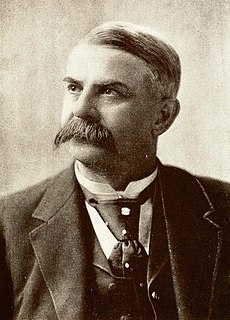A Quote by Joshua Foer
To attain the rank of grand master of memory, you must be able to perform three seemingly superhuman feats. You have to memorize 1,000 digits in under an hour, the precise order of 10 shuffled decks of playing cards in the same amount of time, and one shuffled deck in less than two minutes. There are 36 grand masters of memory in the world.
Related Quotes
In 1988, I earned something like £700,000. Yeah! I was earning 10 grand an hour opening shopping centres. Yeah! The most I earned in one day was 65 grand. I opened the Alton Towers fun ride in the morning, did a commercial in the afternoon and an appearance at a nightclub in the evening. Sixty-five grand in one day!
I am ready to disclaim my opinion, even of yesterday, even of 10 minutes ago, because all opinions are relative. One lives in a field of influences, one is influenced by everyone one meets, everything is an exchange of influences, all opinions are derivative. Once you deal a new deck of cards, you've got a new deck of cards.
You could make a good case that the history of social life is about the history of the technology of memory. That social order and control, structure of governance, social cohesion in states or organizations larger than face-to-face society depends on the nature of the technology of memory - both how it works and what it remembers. In short, what societies value is what they memorize, and how they memorize it, and who has access to its memorized form determines the structure of power that the society represents and acts from.
Individuals are not stable things, they are fleeting. Chromosomes too are shuffled into oblivion, like hands of cards soon after they are dealt. But the cards themselves survive the shuffling. The cards are the genes. The genes are not destroyed by crossing-over, they merely change partners and march on. Of course they march on. That is their business. They are the replicators and we are their survival machines. When we have served our purpose we are cast aside. But genes are denizens of geological time: genes are forever.






























